【新唐人2011年2月17日訊】被稱為「Facebook革命」的埃及政變事件,有評論認為,埃及民眾有組織、有步驟的和平示威,革命成功,值得中國人民學習。美國舊金山民運人士討論會上,有人提出:中國民運應該走出“維權”的舊思路,像突尼斯、埃及民眾那樣,直接提出推翻獨裁專制的政府。
突尼斯「茉莉花革命」和埃及開羅「解放廣場民主運動」的成功,促使美國舊金山民運人士再次開啟「國事沙龍」會議。與會人士對於突尼斯和埃及革命的成功,都有一個共同的看法,就是他們國家的軍隊沒有向人民開槍,起到關鍵作用。
吳仁華(六四親歷者):「因為今天我們看到了,就埃及很多軍隊的高級將領,他們畢業於美國的西點軍校,所以他們的成長背景,以及他們的世界觀,跟中共那種軍隊在黨的強力的控制下,他們的成長背景…他們是從中國的所謂解放軍國防大學出來的,那種教育方式,教育灌輸的東西,是完全不一樣!」
中國的社會矛盾比起突尼斯和埃及,不知道要嚴重多少倍,但中國為甚麼至今都沒有發生「茉莉花革命」?
吳仁華(六四親歷者):「關鍵的問題就是說,怎麼能把群眾組織起來,帶上大街。人民的改革動力、願望,我覺得都是已經成熟了,現在最關鍵的就是說,怎麼能夠在共產黨對異見的強力打擊之下,不讓你成軍的情況之下,能夠把這些力量統合起來。」
《自由亞洲電臺》報導,前89民運學生領袖封從德認為,是因為中國民主運動的方向一直停留在「改革」、「維權」上,沒有像埃及民眾那樣直截了當的提出「革命」。 在六四鎮壓中,被解放軍坦克碾斷雙腿的前北京學生方政認為,現在中國的問題就是,所有的熱點都沒有最終引向爆炸。到處都是導火線,但都被分散、瓦解或轉向了。
方政表示,就像「錢雲會事件」一樣,如果反對派的思路不是簡單的維權,上來就是改這個政府的話,錢雲會的事件就會是一個爆炸性的導火索。
埃及的「Facebook革命」是不是可以在中國被成功複製?
《美國之音》報導,事實上,Facebook在擁有四億網民的中國是被封殺的,而倣傚Facebook的社交網站最具規模的就屬《人人網》和《開心網》,用戶超過二億六千萬人。但網站必需配合中共政策,自我審查政治敏感信息,因此中國想要藉社交網站推動政治變革是有困難的。
報導中提到,上星期在香港舉行的一次社會媒體討論會上,《人人網》華東地區市場部經理透露,他的公司在武漢設有一個僱員達五百人的政治審查部門。《新浪網》香港區總經理李婉明也說,《新浪網》擁有一個專門隊伍,負責審查和監控自己網站上的政治敏感信息。
德國《金融時報》2月14號的評論則認為,突尼斯和埃及之所以發生民眾抗議,其實是失敗在富裕的分配上。被甩掉的年輕人無法分享經濟增長的果實。
而在中國,經濟的快速增長一樣沒有給年輕人太多的發展機會,他們是潛在的抗議生力軍。德媒認為,北京若不儘快疏導民怨,去除不滿的根源,將會面臨遠比1989年天安門廣場民主運動,規模更大、更堅決的民眾抗議。
新唐人記者李庭,蕭宇綜合報導。
Activists: Breaking Through the Old Mindset of “Safeguarding Rights”
The success of Egyptian people』s organized and
peaceful demonstrations,
the so-called “Facebook Revolution,”
has set an example for the Chinese.
In a recent democracy symposium in San Francisco,
some activists proposed to break through
the old mindset of “rights protection,”
and directly overthrow the tyrannous dictatorship.
The success of Tunisian “Jasmine Revolution” and
Egyptian democratic movement prompted
Chinese democratic activists in San Francisco to
re-open the “National Affairs Salon” forum.
All participants shared one common thought,
that the armies not firing at their own people
was a crucial contribution to the revolutions』 success.
Wu Renhua, witness to the Tiananmen Massacre:
Many Egyptian military officers are West Pointers.
Their background and world views are entirely different
from China』s military officers, who were educated
in the so-called Liberation Army Defense Universities,
and were educated under the indoctrination system
that was strongly controlled by the Communist Party.
In comparison with Tunisia and Egypt,
the social conflicts in China are far more severe.
Why hasn』t Jasmine Revolution broken out in China?
Wu: The key issue is how to organize the masses
to take to the streets. I believe Chinese people』s
incentives and wishes for reform are mature.
The key is to organize the separate dissident forces
amid the CCP』s strong oppression.
According to Radio Free Asia, Feng Congde,
student leader in 1989, believes, Chinese democratic
movement has remained on “reform” and
“rights protection” for a long time.
It didn』t call for a revolution as the Egyptians did.
Fang Zheng, who lost his legs to Liberation Army tanks,
said, all the issues in China didn』t lead to an explosion.
The fuses are ubiquitous, but diverted or disintegrated.
Fang Zheng said, just like the Qian Yunhui Case,
if the dissidents were not focusing on rights protection,
but on changing the government from the start,
the case would have become an explosive fuse.
VOA reported, Facebook is blocked in China.
400 million Chinese netizens have no access to it.
The most popular Facebook-type social websites
are Renren.com and Kaixin Network.
They have over 260 million users. However, the sites
have to cooperate closely with the regime
to self-censor and filter politically sensitive terms.
Therefore, it is difficult to use the social websites
in China to promote political changes.
In a social media forum held in Hong Kong last week,
a marketing manager of Renren.com revealed,
the company has a 500-people censorship department.
Sina Hong Kong regional general manager Li Wanming
also said, Sina.com has a team to censor and monitor
sensitive political information on its own website.
Financial Times commented on Feb. 14,
Tunisian and Egyptian demonstrations broke out
mainly because of failed wealth distribution.
The youth can』t share the benefit of economic growth.
Similar in China, the rapid economic growth doesn』t
give the youth much opportunity for development.
They are the potential protesters.
If Beijing doesn』t relieve the public grievances quickly
and eradicate the root causes of the discontents,
it will soon face more determined civilian protests
larger in scale than the 1989 Tiananmen movement.
NTD reporters Li Ting and Xiao Yu
看下一集

【禁聞】埃及變天促海外民主力量聯合

【禁聞】一月份CPI被整容 民眾一笑了之
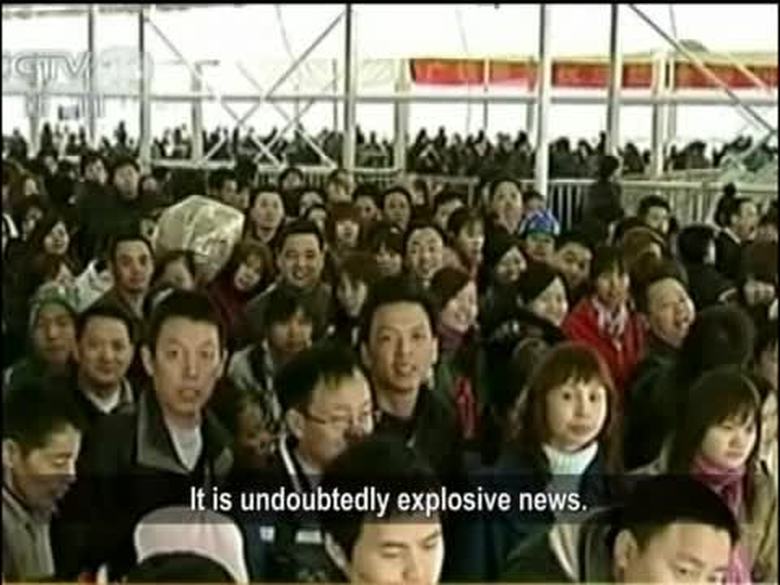
【禁聞】劉志軍下臺內幕 眾說紛紜

【禁聞】《美國之音》對華廣播擬取消 遭批
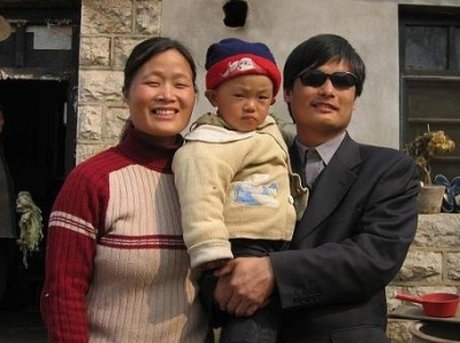
【禁聞】陳光誠寓外 外國記者遭暴力驅趕
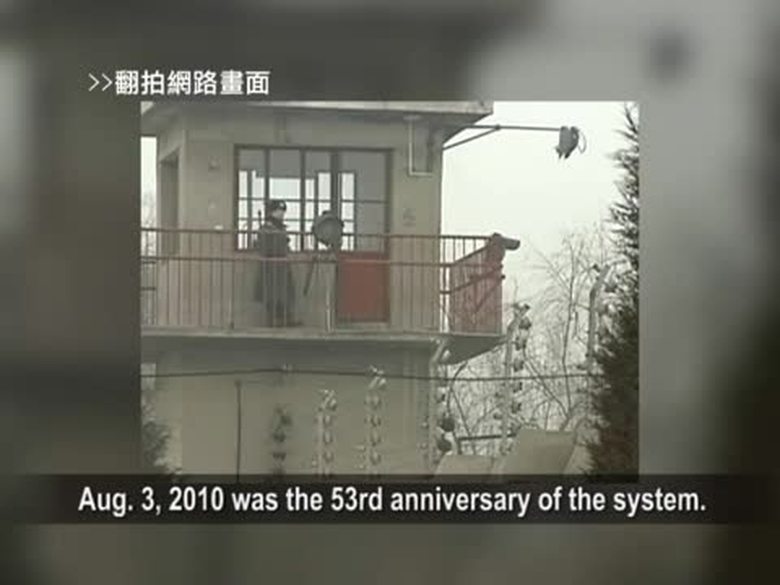
【禁聞】千人聯署 廢除中共「勞教制度」
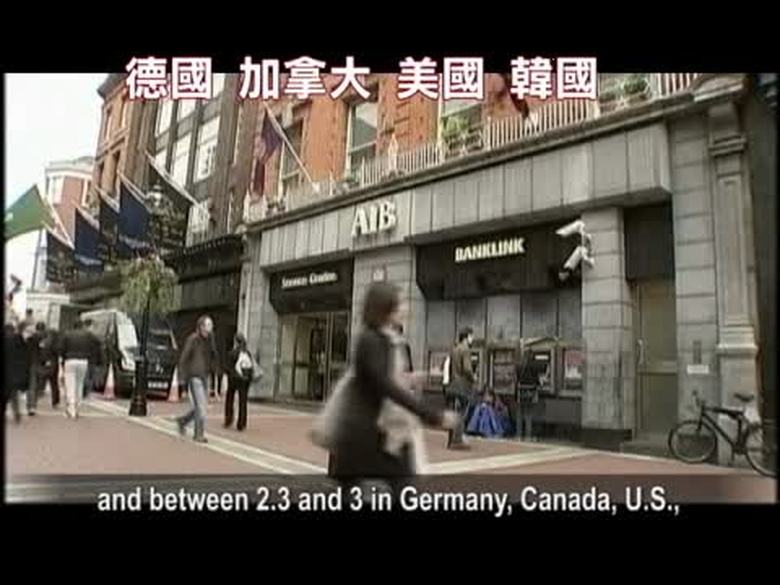
【禁聞】中國行業收入差15倍 世界之冠!

【禁聞論壇】低工資是中國經濟的百害之源?
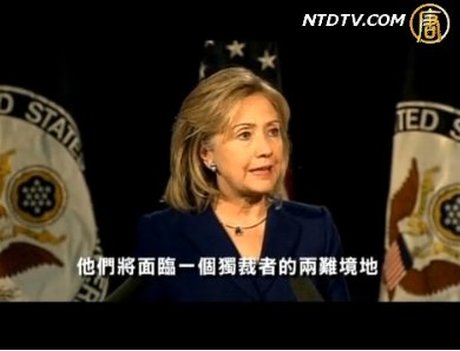
【禁聞】籲互聯網自由 “希拉里”遭屏蔽

【禁聞】聰明抗議 埃及「指南手冊」指引

【禁聞】“防火牆之父”也翻牆
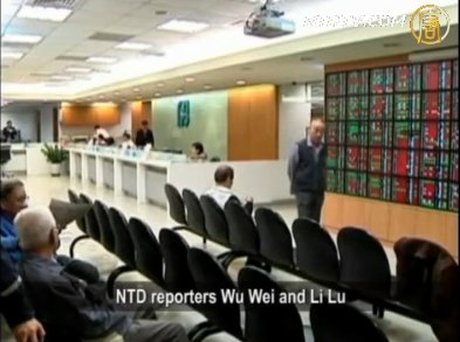
【禁聞】熱錢不可怕 中共因何低估?
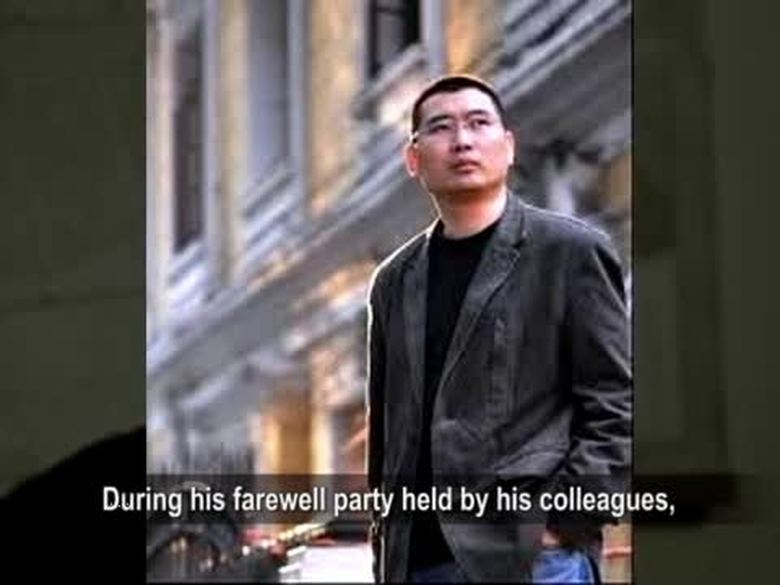
【禁聞】破言論枷鎖 新聞人長平喚覺醒

【禁言博客】 裝警察的醫生
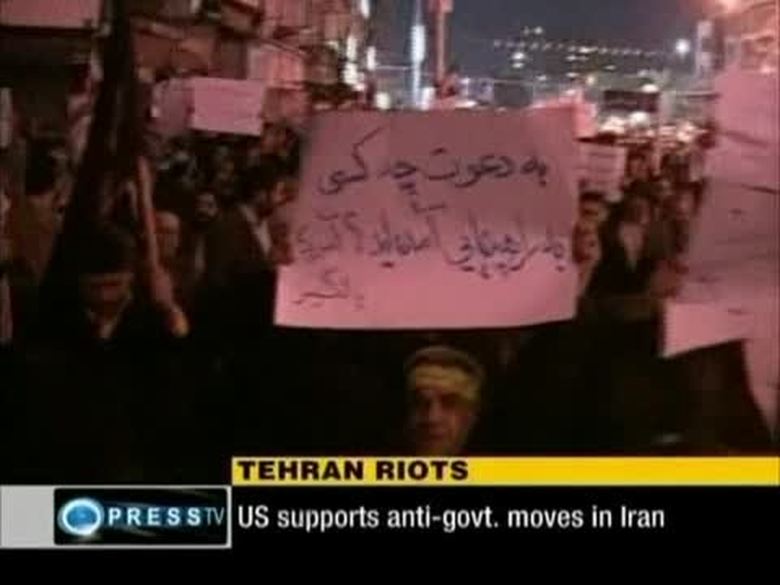
【禁聞】民主運動浪潮湧 伊朗等國反獨裁

【禁言博客】殲-20不過是政治道具








